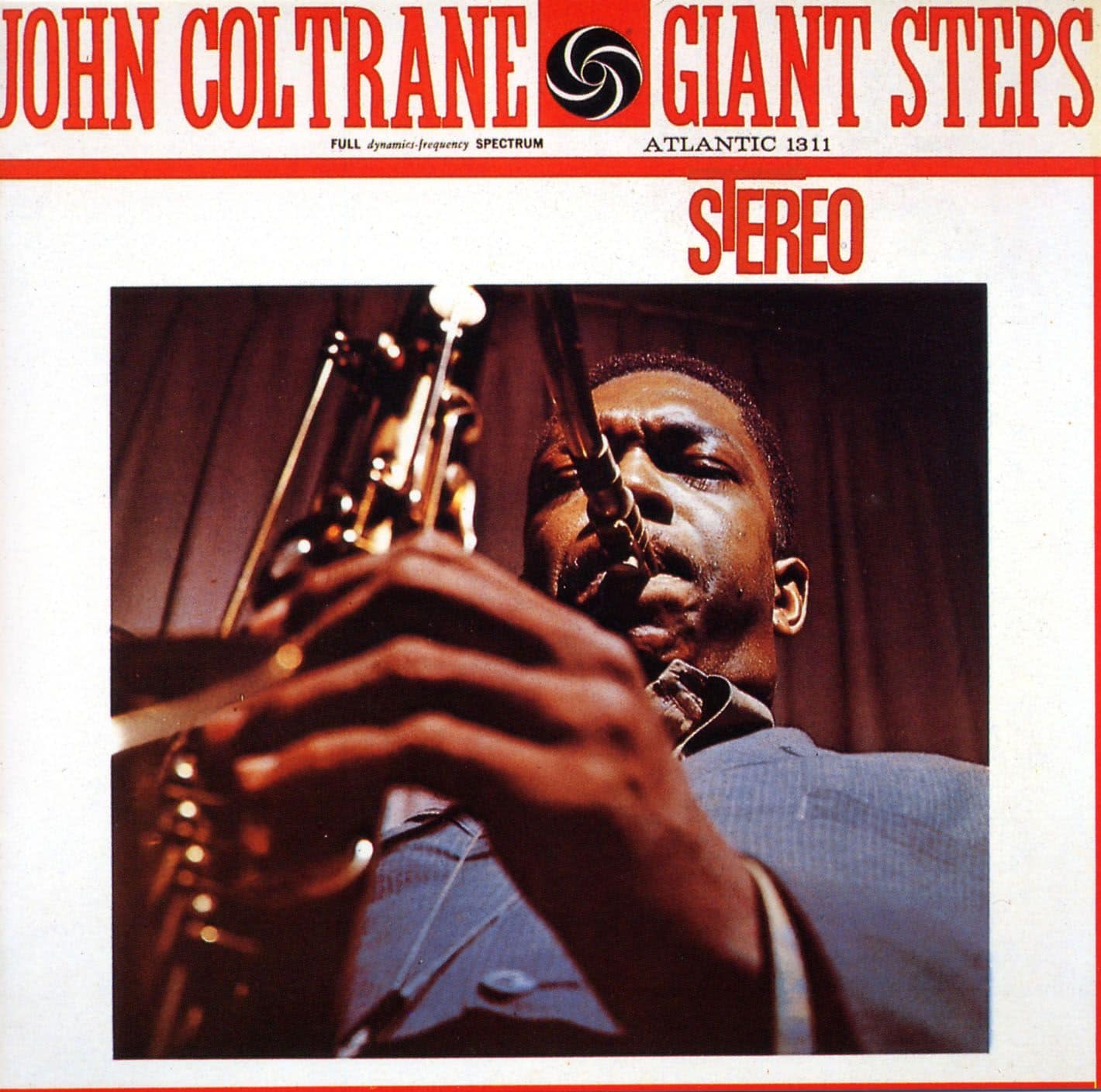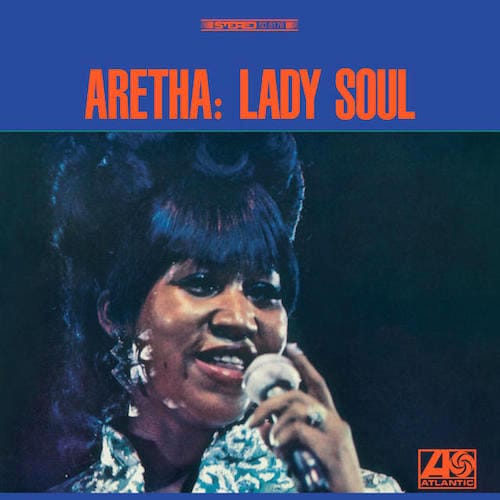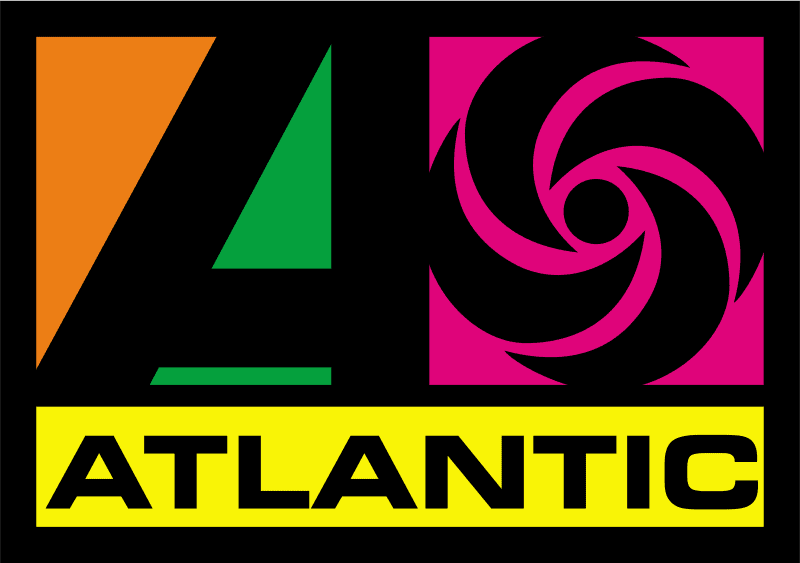So, as I have written about and stated in numerous articles and interviews, my portal to music was laid down through a 4-inch speaker through a Blaupunkt tabletop radio around February 1963.
I was at home, sick for nearly a month, and it was at that time that I first heard “Hit Radio 77 WABC.”
The DJ’s were Scott Muni, Bruce Morrow, Dan Ingram, Bob “Babaloo” Lewis (doing the overnights) HOA (Herb Oscar Anderson) in morning drive (if there was even such a description back in 1962) and Bob Dayton.
The Top 40 seemed really like a Top 10 played over and over again.
To an 11 year old this seemed like the world’s template for music.
Forget all the other music like jazz, classical, folk…they didn’t register one bit. All that mattered was what I was being fed hour by hour, day by day a relentless succession of the same songs that changed bit by bit as new songs were introduced into the Top 40 playlist and then made it to the Top 10 which then became cemented into my brain. This was one year before the Beatles and all the British Invasion artists and the wall-to-wall hits of Motown took over my world (and millions of others).
I contend that the music that you fall in love with between the ages of 12 and 20 create your taste forever.
I’m not a sociologist nor an anthropologist. It’s just one of those feelings, backed up by others who I have asked about personal musical taste.
This doesn’t mean, by any stretch, that one can’t learn to love new music later in life. What it does, however, speak to is the fact that when you are young, you have the time to invest in the music you love, pretty much unencumbered by all the issues that come into play when you get older. And when you get past 50…well, I mean really who the fu*k really has the time?
Harsh?
Maybe, but with COVID-19 literally stopping the world, I have a lot of time on my hands and that has led me to look at my record collection and ask myself why I haven’t listened to 75 percent of the albums I’ve owned. Sure, I might have listened to many of them a long time ago but because I’m in the business, I get albums given to me that just sit on shelves taking up space and looking cool…I guess.
Anyway, I don’t need to listen to a lot of the rock albums that I have because, frankly, I know enough about the artist to either have given some of it a passing listen, or I just disregard the music completely because I know where the artist is coming from and if they didn’t resonate enough in the world to make me care then I just don’t.
There is, however, another issue and that is: maybe there is a musical genre that I really don’t know about and now may be the time to try to get into it.
And that leads me to this latest musing.
I have lots of jazz albums that were given to me when I was an active artist at Atlantic Records. Atlantic Records was founded in 1947 by Ahmet Ertegun, the son of Turkish diplomats who came to the US, and by Herb Abramson.

Atlantic became one of jazz music’s most important labels before moving into R&B, soul and then rock.
Their jazz roster contains luminaries such as Ray Charles (whose brilliant style also covered not only jazz but pop, R&B and country), John Coltrane, McCoy Tyner, Milt Jackson, Ornette Coleman, Bill Evans and many, many more.
Aretha Franklin created her most famous songs under the Atlantic label.

The point is, that I was on this label beginning in 1983 [with Twisted Sister – Ed.] and I can tell you that I never listened to any of these jazz artists. Ever. Not once. It never registered as something that I would even care about.
One day, in 1990, Ahmet Ertegun gave me copies of most of the albums he and his brother produced during their amazing jazz years from the late 1940s through the early 1960s. In other words, I have a great collection of some of the most revered jazz ever recorded and, over the last 30 years, it has all just been sitting, unopened and unplayed, on a shelf.
Maybe now is the time to find out what I have been missing.
Now, here is where it gets a little more interesting. When I was 17, most of my peers who were musicians were starting to get into people like Miles Davis and Sun Ra. One of my closest friends took me to see Elvin Jones one night at the Half Note in NYC. I began to wonder why I wasn’t (as a musician) following this path. At the time, I was a Deadhead. Putting aside any Dead jokes, the Grateful Dead were as close to a jazz improv band as rock would get and I “got it” totally. I completely understood their musical language.

I used to tell this to my friends but strangely, I was a Deadhead all by myself. None of my musician friends, some of whom were really incredible musicians, liked the Dead. In fact, they hated them and thought that their playing just plain sucked. I just came to this realization because of a conversation I recently had with Mark Pinkus, the US president of Rhino/WMG, which is my current record label as well as the label that oversees the Grateful Dead catalog. I’m older than Mark and when I told him about all the Dead shows I saw between 1969 and 1972, he was blown away. Especially because I walked away from the Dead completely in 1972, and went out of my way to never listen to another Dead song again (if I could help it, but that is another story for another time). Mark couldn’t believe that none of my serious music friends in the 1960s, in New York City no less, were Dead fans…trust me, the only person I ever convinced to go see the Dead with me was my mom. I took her to one of the Felt Forum shows in 1971 and even smoked a joint with her!
The point is that he was shocked that I had no friends who liked them back then. The Grateful Dead may have been the closest to “jazz improv” as I ever got and the point is…I got it…but I didn’t “get” jazz. Not Miles. Not Coltrane, not Bird.
None of it but…I have all these albums and now, I’m living during COVID-19 and I am listening.
All the time.
I put on an album and I just let it play. I’m trying to “normalize” it so I can understand it. It’s like a foreign language. The younger you are when you learn it, the easier it is to understand it. But maybe you can still teach an old dog new tricks.
I’m giving it my best shot and I will let you know how this experiment in new music appreciation develops.
Stay tuned.
And if all else fails, I’ll just put on Chuck Berry, Little Richard, the Beatles and some of Motown’s greatest hits…trust me I got lots of those…
 The Genius of Ray Charles, Atlantic Records SD 1312.
The Genius of Ray Charles, Atlantic Records SD 1312.


